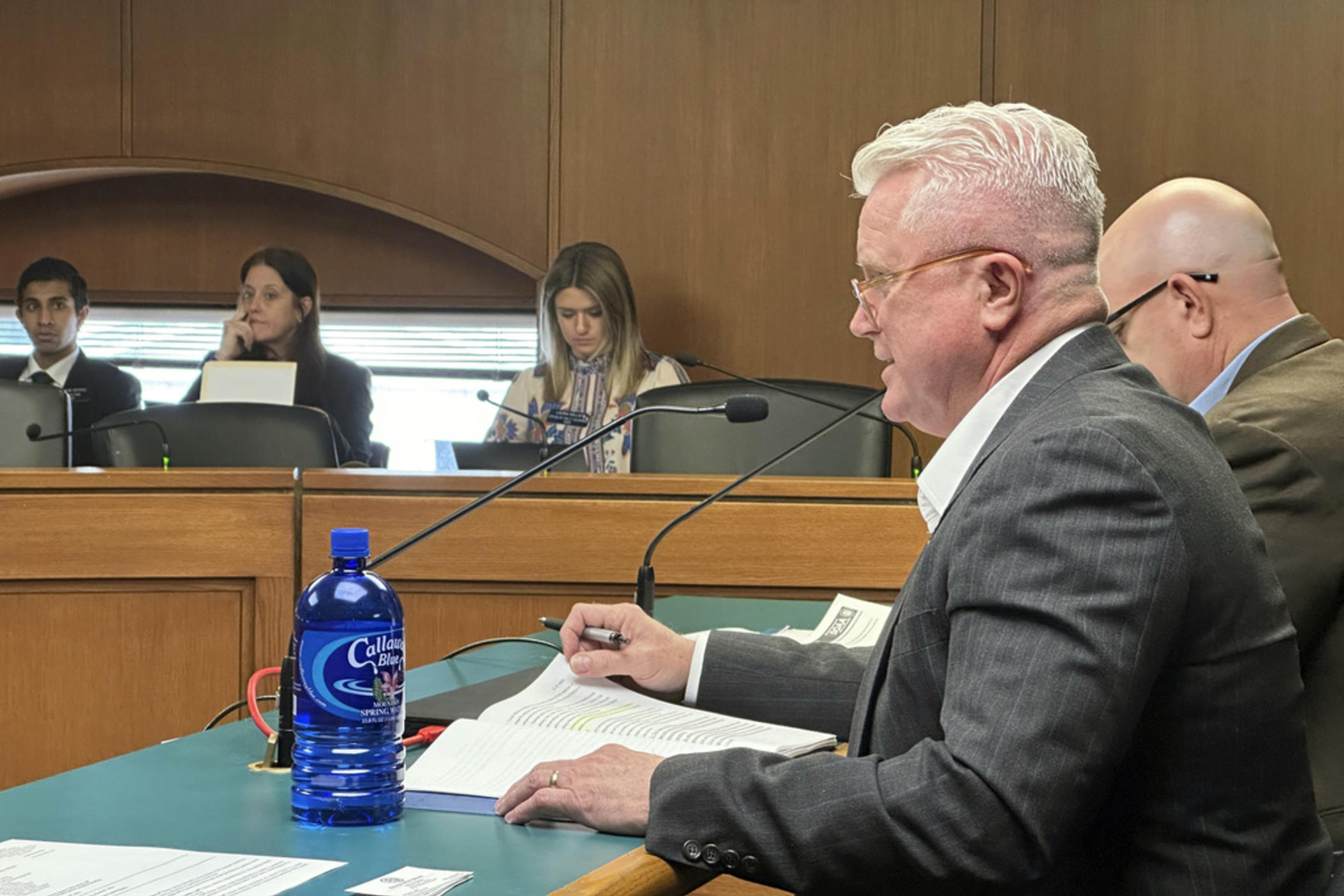Georgia senators are pushing for legislation to penalize “sanctuary” cities and counties that harbour undocumented immigrants. The proposed measures include cutting off state aid and potentially removing officials from office.
The Senate Public Safety Committee voted 4-1 on March 6 to amend House Bill 301, a move triggered by a tragic incident involving a Venezuelan immigrant. Jose Ibarra faced charges of murder and assault in the death of University of Georgia student Laken Riley in February 2024. Ibarra had entered the U.S. unlawfully in 2022.
The revised HB 301 allows any Georgia resident to sue, seeking a judge’s declaration that a city or county violated the law.
If confirmed, state aid would be terminated, and federal assistance would be subject to state control, excluding limited emergency and health services. A permanent ban on readopting sanctuary policies would be enforced unless reversed by a judge.
Elected officials are also under scrutiny, with residents able to file complaints prompting the Board of Community Affairs to investigate. Recommendations for suspension or removal would be sent to the governor based on the findings.

Supporters, including Republican Senator Randy Robertson, argue that the legislation adds necessary enforcement to ensure compliance with existing immigration laws. Critics, such as Isabel Otero from the Southern Poverty Law Center, view it as an attempt to impose ideologies and anticipate potential legal challenges.
Related Articles:
- Local University Presents Smartphone Essentials Class for Residents
- Local Teen’s Battle with Lyme Disease: A Warning for Others
- Positive Update: Missing Georgia Teen Found Safe
This marks Georgia’s second attempt to tighten immigration laws, following the recent passage of House Bill 1104, which aims to require local law enforcement to assist in identifying and detaining undocumented immigrants for potential deportation.
The ongoing debate underscores the tension between state and local authorities in addressing immigration issues, with consequences potentially shaping the enforcement landscape.















+ There are no comments
Add yours